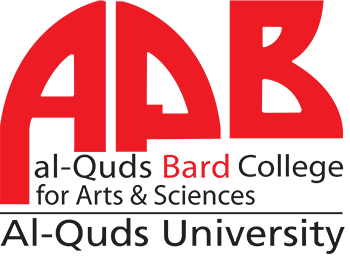The biology curriculum requires students to engage in the kinds of thinking that characterize professional work in the field, and challenges them to extend their studies with courses and research that demand the integration of disciplinary perspectives through a focus on essential questions and problems. In the extended work of the teaching/lab strand, experiences in curriculum design and implementation, independent laboratory research experiences, and research in the public schools, MAT students translate their knowledge of biology into instructional designs that move beyond standards defined by ministry assessments, toward a more complex model of comprehension of the field.
Advanced Molecular Biology 9202650 (4 Credits)
The course will provide information on basic principles and theories of prokaryotic and eukaryotic molecular biology. The structure, function and properties of DNA and RNA; beside the main process that control DNA replication, transcription and translation will be studied through critical reading and analysis of recent scientific literature. Examination of prokaryotic and eukaryotic gene regulation will be addressed. Molecular biology experimental design and their link to biotechnology and genetic engineering will be emphasized.
Methods in Biotechnology 9202651 (4 Credits)
A practical course that will provide students with the opportunity to gain hands-on experience in recombinant DNA technology through performing experiments that focus on DNA preparation and analysis, construction of genomic and expression DNA libraries, as well as DNA amplification and their potential use in diagnosis of genetic and infectious diseases and in forensic medicine. The scientific and theoretical background of these methods will be discussed.
Advanced Biochemistry 9202531 (4 Credits)
The course will provide students with an advanced understanding of the structure and chemical components of living matter. This course explores the roles of essential biological molecules. Emphasis will be on the chemical properties and three-dimensional structure of protein, lipids and carbohydrates in relationship to their biological function. Enzymes and their kinetics are covered in detail. Selected topics in bioenergetics and metabolism will also be discussed.
Biochemical and Instrumental Analysis 9202660 (4 Credits)
The course is designed to give students the proper knowledge of the theoretical principles, practical issues and application of modern biochemical analytical instruments. Topics will be selected from the areas of electrochemistry, absorption, emission spectroscopy, and chromatography. Biochemical purification methods used for enzymes and macromolecules including gel filtration, ion exchange and affinity column purifications will be discussed. Also, the course will provide the students with a wider knowledge in experimental design and potential use of instruments for accomplishing their academic research projects.
Biodiversity and Ecosystems 9202621 (4 Credits)
This course will introduce the students to the applied science of conserving the biodiversity and ecosystem services (provisioning, regulating and cultural), entry points for understanding and mainstreaming ecosystem services in development. The course will focus on the biological principles relevant to the conservation of biodiversity at the genetic, population, community and ecosystem levels. Focus will be also on applications and risk reduction approach in conservation biology. Basic and advanced ecological processes will also be discussed. International conventions on biodiversity and ecosystem services and will be addressed.


